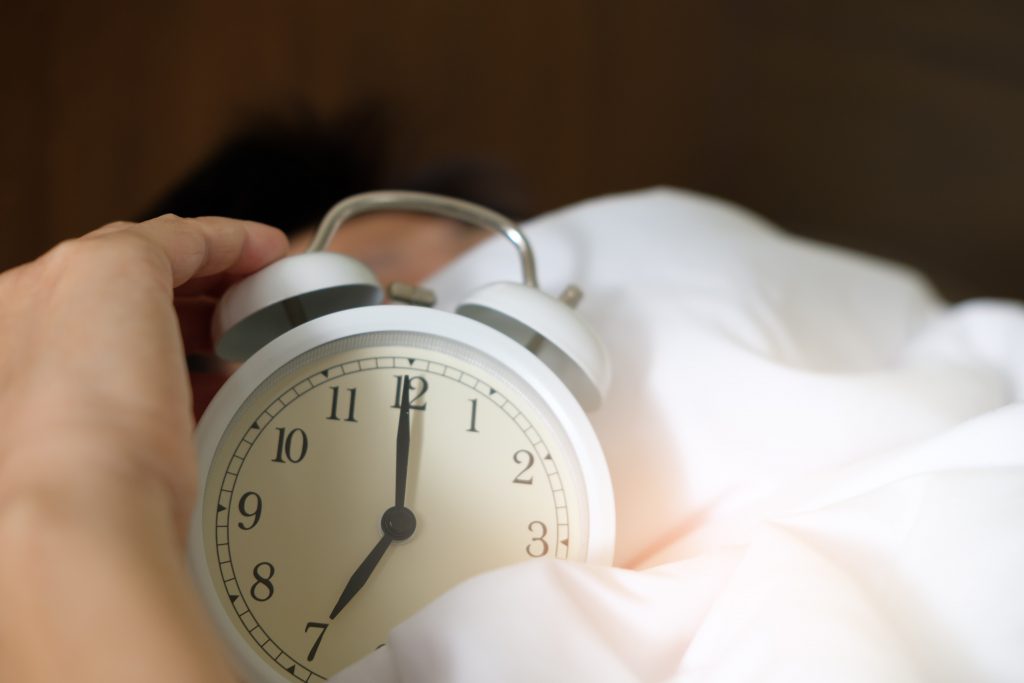Good sleep can lower your stress levels, decrease your risk for heart disease, and help you manage your weight. Additionally, people who sleep well tend to perform better at school and work and report a more positive outlook on life. With such high-profile benefits, it’s no wonder that quality sleep ranks high on the list of healthy habits that are worth cultivating. If counting sheep isn’t soothing you off to dreamland, don’t worry! We’ve gathered 5 easy tips to help you get the zzz’s you need!
Listen to your circadian rhythm.
According to the National Sleep Foundation, phones, TVs, and other electronic devices can interfere with your circadian rhythm making it more difficult to fall asleep. Not to mention that the blue light and short waves that are given off by technology suppress the natural release of melatonin. You can beat the no-sleep-blues by turning off all technology and lowering the lights at least 1 hour before bedtime.
Keep Cool and Dream On
Cooler bedroom temperatures are optimal for sleep because it helps your body produce melatonin. Keeping your room between 60-68 degrees Fahrenheit can also slow the aging process and help prevent disease (sleepadvisor.org)
Go Natural
Natural fibers such as cotton and wool allow for more airflow than synthetic fibers. These breathable materials help to regulate your body temperature so you remain cool in summer and warm in the winter. Don’t forget about linens. Top your mattress with the same high-quality, natural fabrics to get a double dose of comfort and calm.
Clean for Calm
7 out of 10 people claim to get a better night’s sleep on freshly scented sheets according to an article published recently by Good Housekeeping. Regularly laundering bed linens and making your bed will also help you tuck into a good night. Keep your bedroom tidy and free of clutter to help lower anxieties and calm the mind.
Warm-up and Wind-down
Send a signal to your body that it’s time to sleep by showering at night with warm water. How does it work? When the warm water evaporates, it cools the body which sends it a signal to produce melatonin thus signaling sleep.
We’ve mentioned melatonin a few times and you may be wondering why it’s so important to a good night’s sleep. Melatonin is a hormone that regulates the sleep-wake cycle. It is primarily released by the pineal gland. According to the Mayo Clinic, the production and release of melatonin in the brain are connected to the time of day, increasing when it’s dark and decreasing when it’s light.










